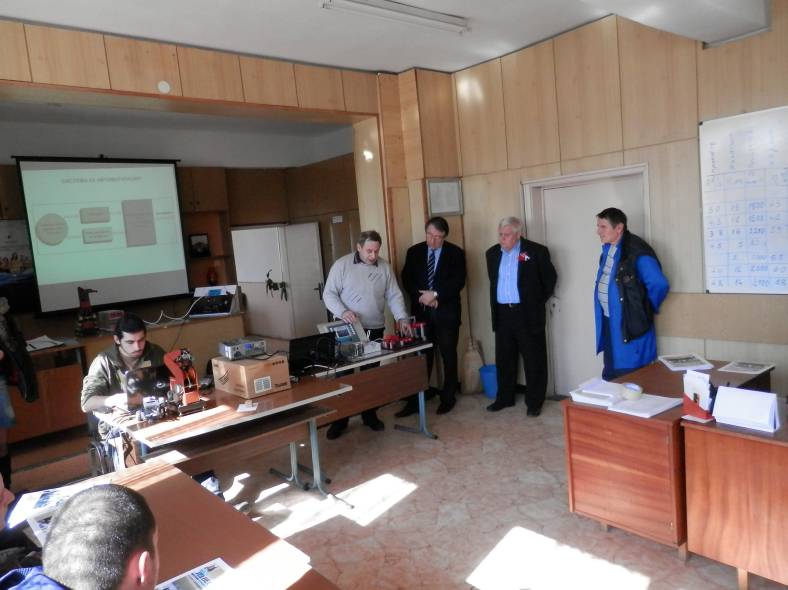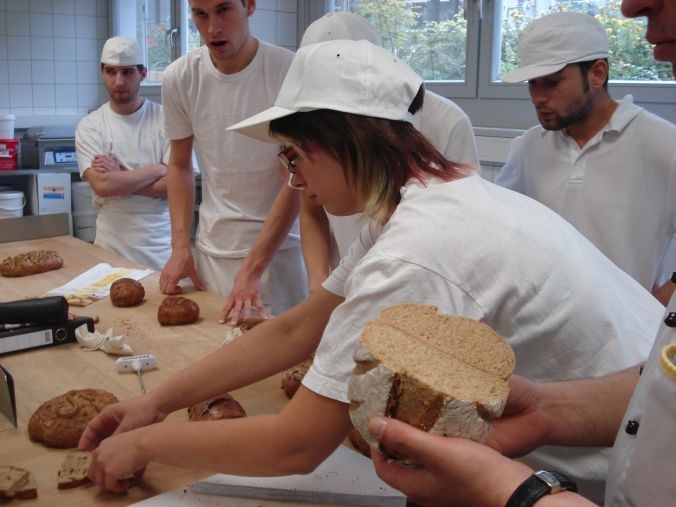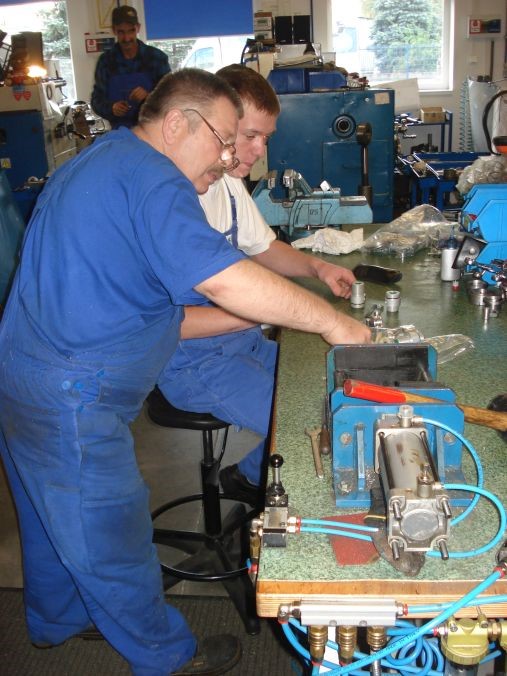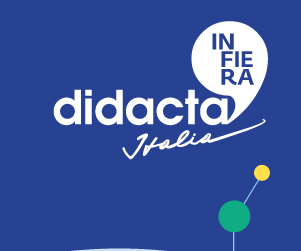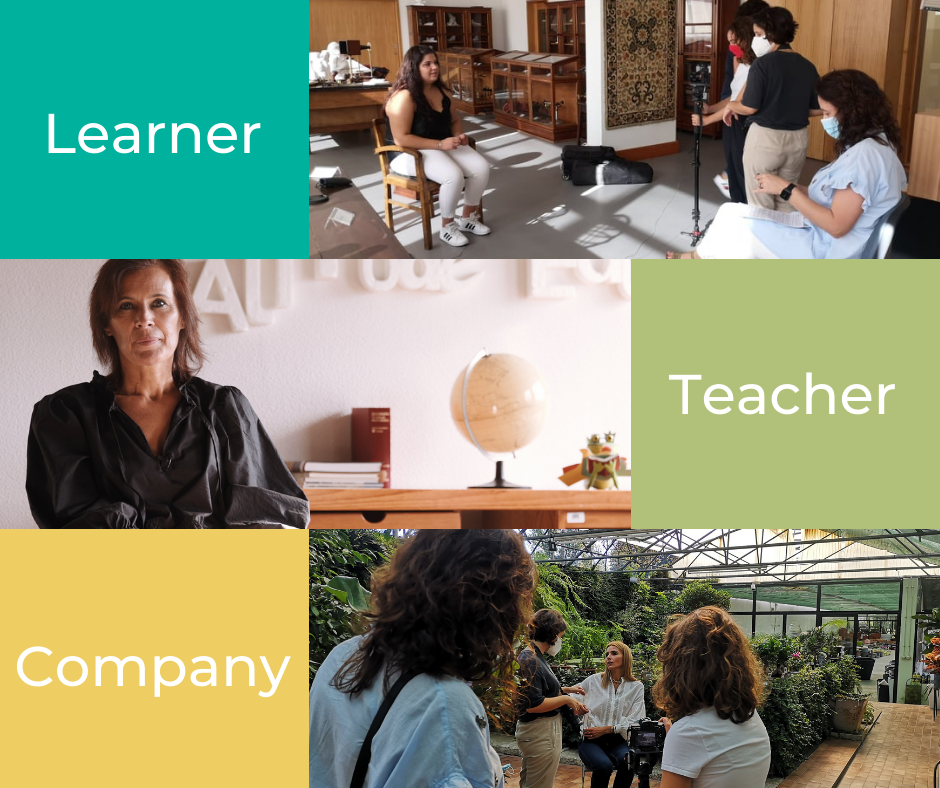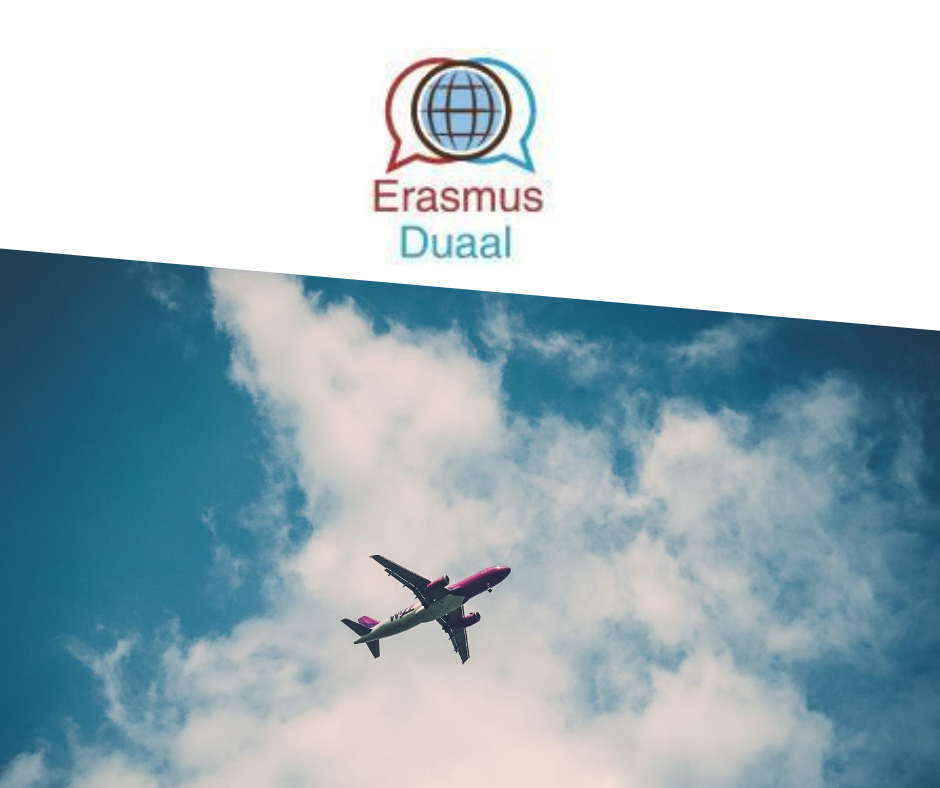University lecturers visit the secondary schools and make presentations that aim to introduce students to systems based on microcontrollers, Programmable Logic Controllers and mobile robots – the main concepts, devices and their application, the logic of programming. During these presentations, theoretical and conceptual issues are made easier to understand by live demonstration with programmable devices and models. At the end of the activity, the students are given the opportunity to test the devices and models that are used during the demonstrations.
Demonstrations are an essential element of the activity since they capture students’ attention.
The activity achieves its impact in two ways:
– Students are attracted to STEM through interesting topics and the opportunity to engage in hands-on exercises
– Students have the chance to meet researchers and ask questions related to the discipline in which they are interested in or inquire about what it is like to be a scientist.
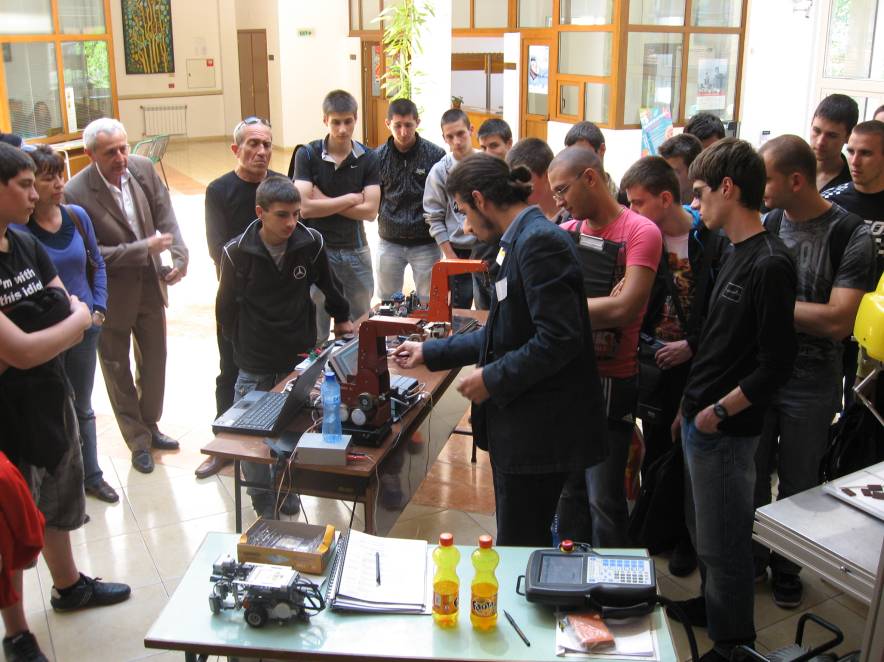
Photos from a school visit – lecture with demonstration of equipment, and hands-on activities for students
The activity targets students from secondary vocational schools. However, some of the visits were attended by pupils from elementary schools, too. Indirectly, it also targets teachers at the same schools.
Organization
For the activity to be commenced in a particular school, the head of the relevant Department or the Dean of the Faculty of Electrical Engineering and Electronics has to establish contact with the director of the vocational high school. The contact can be initiated by either side. There is no department or staff member responsible for this activity. On the side of Technical University – Gabrovo, the organization boils down to identification of the lecturer(s) that will visit the school. The lecturer is responsible for preparing for the lecture itself.
A list of lessons with brief annotations is sent to the vocational school beforehand. The details are negotiated with the receiving school so as to fit the interest of the students and teachers. From the side of the school, the negotiation involves the school director and the teachers in the relevant subject. Typically, it is teachers that are consulted on the topics and details of the presentation and the demonstrations.
The vocational school is responsible for providing a lecture hall and for inviting the students to participate in the activity. The leading role in organizing student participation is played by teachers in the relevant subject.
Higher education students’ involvement in the activity.
In some lectures, university students are also included in the team of lecturers. This greatly increases the effectiveness of the activity and the impact on the secondary school students because young researchers can establish a more effective connection with high school students and serve as role models.
Sustainability
This activity has been conducted for 10 years at various schools in Bulgaria. It faces no serious issues of sustainability since it does not require much financing or special equipment. It can always be continued at the request of a school or a new collaboration with a new school can be established if there is interest on the part of the school. Maintaining links to vocational high schools is a long-lasting tradition of Technical University – Gabrovo. Thus, the activity has always been considered compatible with the development strategy of the university.
Financial sustainability
The activity is funded by Technical University – Gabrovo. The participating lecturers are paid travel expenses, each lecture counts as 4 hours of work. The equipment used for the demonstrations is taken from the laboratories of the university.
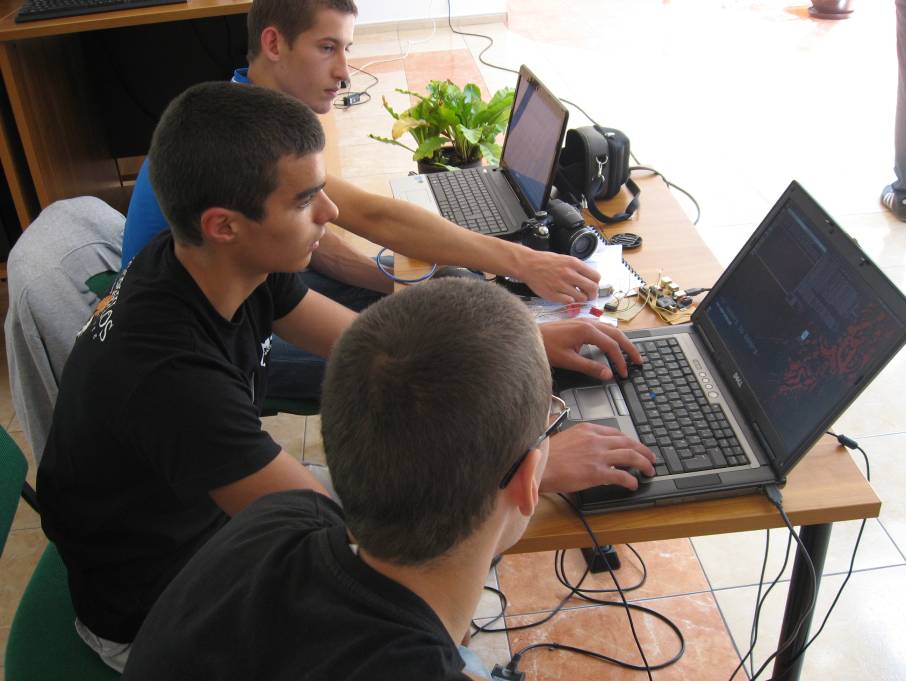
Impact
Every year, Technical University – Gabrovo organizes around 15 such educational outreach activities at different schools. In each activity, between 20 and 40 students are present. Unfortunately, due to the limited time available for the lectures and the demonstrations, the impact of the activity has not been formally assessed. The general feeling among teachers and lecturers involved is that students show interest in the topics and hence, it could be expected that the activity also sparks interest for a science career. All in all, this is a practical low-key method of maintaining continuous relationship between universities and schools and exposing students to scientific information and new technological advances. It allows students from high schools that are not endowed with sophisticated equipment to work with such equipment, even if for a short time period.
Factors for success
For the activity to be successful, the following factors have been important:
– The activity has been perceived as part of a long-term strategy of the University to connect with secondary schools in the region
– The success of the activity strongly depends on the relations between the university and the recipient school being characterised by long-term cooperation. This allows the university staff and the school teachers to design and deliver lectures with demonstrations on a variety of topics, often linking these lectures to the compulsory curriculum
– The activity’s relevance increases when the lecturers maintain continuous contact with the relevant teachers in order to determine the interest and the level of prior knowledge of the target students. This can make sure that the participating students benefit from the activity and that the activity can be used to upgrade knowledge received in the classroom
More such good practices can be found at the webpage of DISCOVER project.
